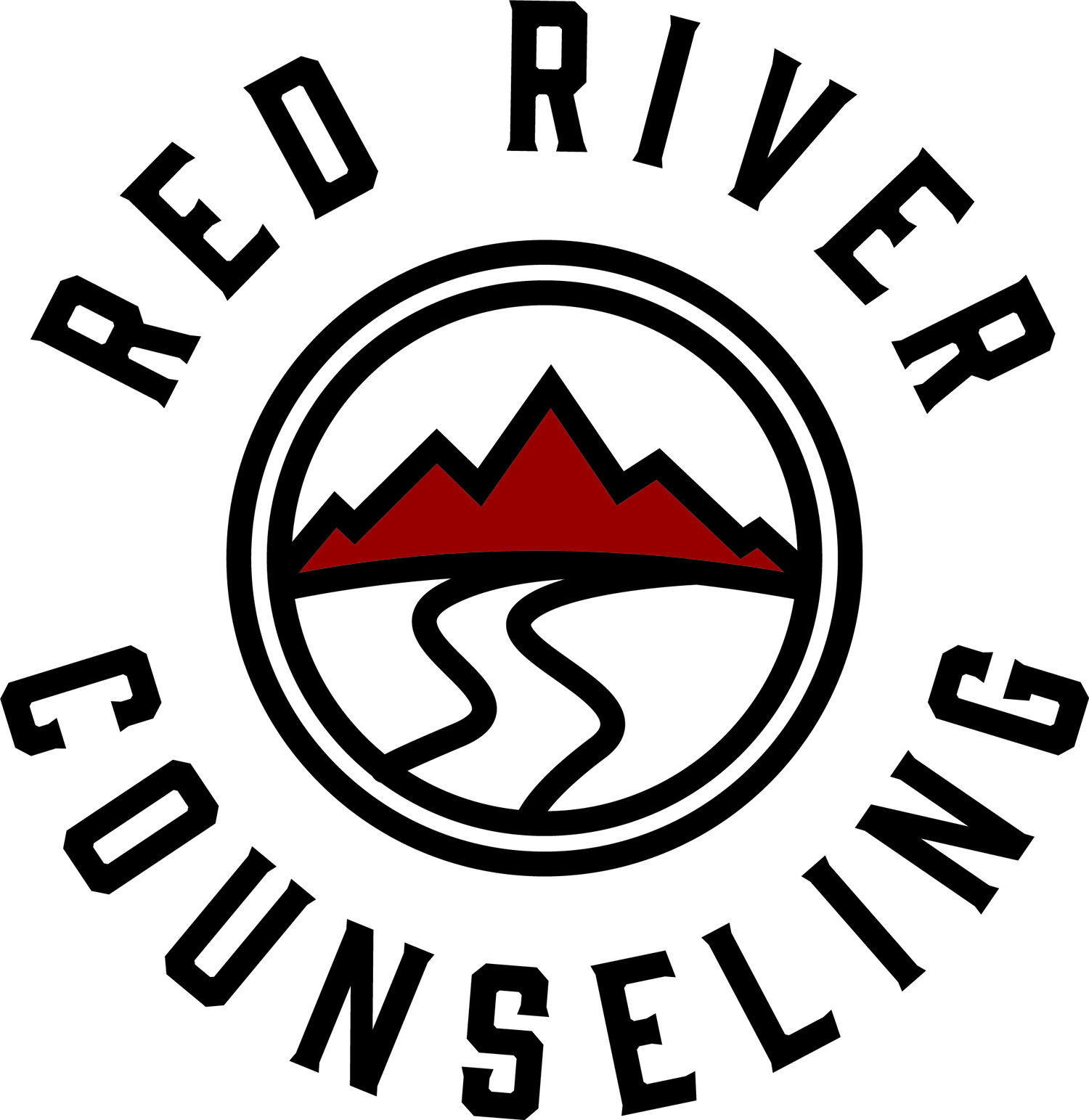Problem Understanding vs. Problem Solving
/I was recently listening to a podcast on health and heard this phrase dropped by one of the doctors:
We’re more often needing to be focused on problem understanding than problem solving.
My gut thought, “Exactly!!!” as this is the majority of what counseling is about.
But…most folks want to come in for a few sessions to problem solve, with little to no understanding of the problem. Sometimes you get lucky and the quick solution works for a while, but more often than not, it either just puts the problem on delay or makes it worse. Here are just a few ‘for instances’
Relationships
Your marriage feels stuck, either in a cycle of arguments, the mud of dissatisfaction, or a ditch after a betrayal. Problem solving (as is often the case with InstaTherapy) tells you that you just need more _____ and less _____. But, if you spend the time needed for problem understanding, you might come to understand that the issue is only a symptom of: attachment strategies you learned in childhood, trauma responses that instigate reactive cycles, grief from the loss of the life you idealized, or any one of a thousand different deeply rooted issues.
Habits
You drink too much, or so they tell you, and you’re finally getting tired of the drama that surrounds your drinking (or shopping, sexual behaviors, drug use (prescribed or otherwise), or any other irritating habit). You figure, I just need to stop _____ and everything will get okay. Abstinence is certainly one problem solving technique, but it’s led to healthy results for somewhere less than 1% of the population. There’s a reason you drink…or drug, act out, shop, etc. And if you try to problem solve, rather than understand the problem, you’ll only swap out one failing strategy for another. To understand the problem, you need to understand the desire underneath the problematic behavior. And that takes time, guidance, and support.
The so-called ‘Mid-Life Crisis’
Maybe you’re aging, or gaining weight, or struggling at work, or feeling down, or or or…. Typically, somewhere in mid-life we hit a wall that stops us in our tracks. But rather than digging through the wall, which requires problem understanding, we to scale the wall, or go around it. So, instead of reckoning with the insecurities we’ve carried throughout life due to things like abuse, bullying, a lack of affirmation, emotional neglect, etc. - we just go buy a new car, get a younger spouse, start a new hobby, find a new career. But unfortuantely, the wall is still there and you will inevitably circle back to it (whether you want to or not). The crisis is internal, and no external solution with satisfy it.
Depression / Anxiety
You find yourself depressed or anxious, or both. I’ve been there and if someone through me a solution I’d have jumped at it. And I’m not saying to take the short-term solution (medications, supplements, etc.) But I am saying, if you don’t deal with the source, you’ll never get rid of the symptoms. The list for what could be causing these feelings of numbness or hypervigilance are as diverse as are the people who feel them. It could be anything from an issue with your gut, a lack of excercise, disconnection from safe people, unresolved trauma, grief sneaking in on you, too much social media and not enough sunshine, dehydration, or a million other things. The point is, there’s no magic bullet. Unfortunately, it takes work to understand the problem so that you can work at truly ‘solving it’.
When working with addiction, I often tell my clients that I’m not particularly concerned with the substance or behavior of the addiction as it’s not the problem, but happens to be a crappy solution that’s just causing more problems. I’m more interested in understanding what that behavior is doing for them, so that we can work on replacing it with something better.

